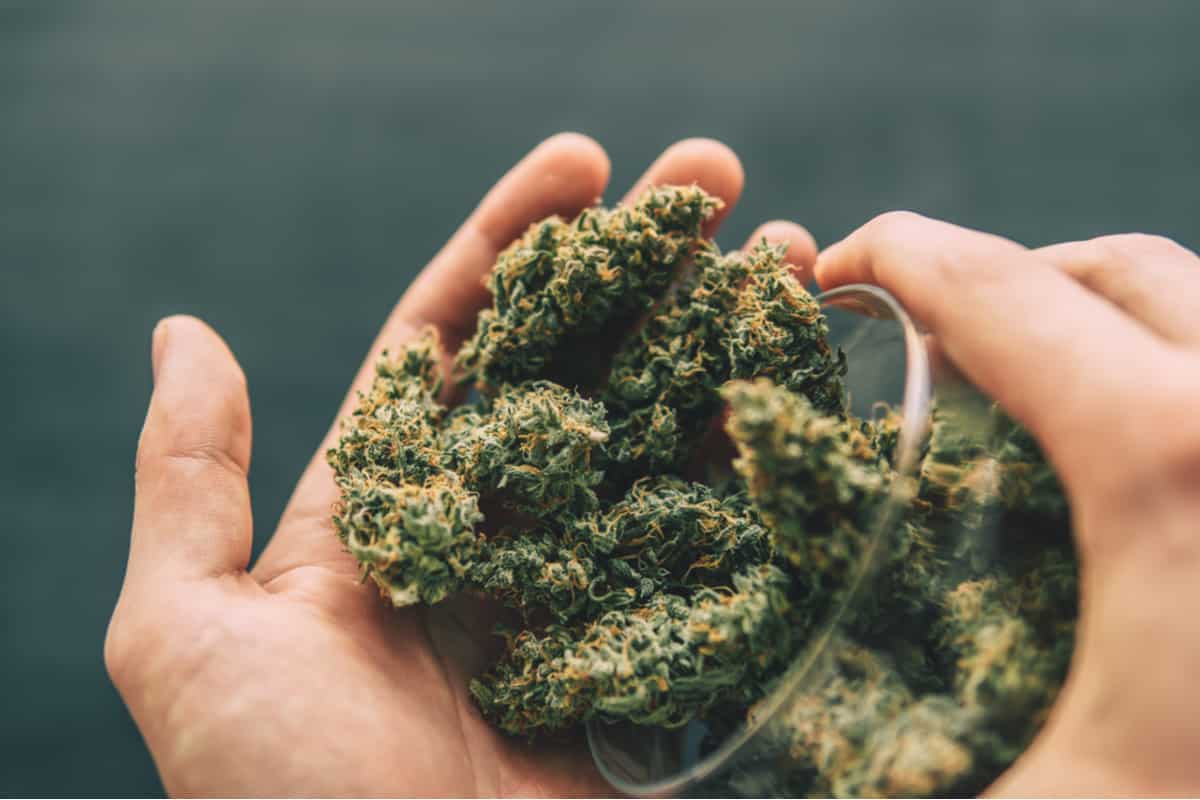
CBD Flowers vs. THC Flowers: What Sets Them Apart?
In recent years, the cannabis industry has witnessed a significant transformation, with the spotlight shifting from the psychoactive compound THC to the non-intoxicating cannabinoid CBD. As a result, CBD flowers and THC flowers have become popular choices for those seeking therapeutic benefits without the traditional “high” associated with marijuana. Let’s delve into the key distinctions between CBD flowers you’ll find at your favourite CBD flower shop, and THC flowers on offer to better understand their effects and applications.
The Basics: CBD and THC Explained
CBD (Cannabidiol)
CBD, short for cannabidiol, is a compound found in the cannabis plant. Unlike THC, CBD doesn’t induce a euphoric sensation or alter one’s state of mind. It interacts with the endocannabinoid system in the body, influencing various physiological processes such as mood, appetite, and sleep. CBD is often praised for its potential therapeutic effects, including anti-anxiety, anti-inflammatory, and analgesic properties.
THC (Tetrahydrocannabinol)
Tetrahydrocannabinol, or THC, is the primary psychoactive compound in cannabis. It binds to receptors in the brain, producing the characteristic “high” associated with marijuana use. Beyond its recreational use, THC also has medicinal properties, offering relief from pain, nausea, and muscle spasms. However, its psychoactive effects can be undesirable for some individuals, especially those seeking therapeutic benefits without altered cognition.
Cannabinoid Content: The Crucial Distinction
The primary difference between CBD and THC flowers lies in their cannabinoid content. While both plants belong to the Cannabis sativa species, they have varying concentrations of these key compounds. CBD-dominant strains, cultivated for their high CBD content, contain minimal THC, often below the legal threshold of 0.3%. On the other hand, THC-dominant strains are bred to maximize the psychoactive effects, with significantly higher THC levels.
Legal Status: Navigating the Regulatory Landscape
The legal status of CBD and THC flowers is another critical factor to consider. In many regions, CBD derived from hemp is legal, given its minimal THC content. This has paved the way for a booming market in CBD products, including flowers, oils, and edibles. However, the legal landscape for THC is often more restrictive due to its psychoactive nature. In some places, THC flowers are only legally available for medical use or within specific limits.
Effects on the Body: Finding Balance
CBD Flowers
CBD flowers are celebrated for their versatility and gentle effects. Users often report a sense of relaxation and relief from stress and anxiety without experiencing the intoxication linked to THC. CBD is also praised for its potential to counteract the adverse effects of THC, such as paranoia or heightened anxiety. It’s an appealing option for those seeking therapeutic benefits without compromising mental clarity.
THC Flowers
In contrast, THC flowers are chosen for their potent psychoactive effects. They are commonly used recreationally, providing users with a sense of euphoria, heightened sensory perception, and altered time perception. Medical users may turn to THC flowers for their analgesic properties, especially in managing chronic pain conditions. However, the potential for intoxication limits their appeal for certain individuals, leading to a growing interest in balanced CBD: THC ratios.
Therapeutic Applications: Tailoring Choices to Individual Needs
As interest in the medicinal properties of cannabis grows, users are increasingly seeking specific cannabinoid profiles to address their unique health concerns. CBD flowers are frequently chosen for conditions such as anxiety, insomnia, and inflammation, with minimal concern about impairment. On the other hand, THC flowers may be preferred for managing severe pain, nausea, or muscle spasms, where the psychoactive effects are secondary to the therapeutic benefits.
A Spectrum of Choices
In the dynamic world of cannabis, the choice between CBD and THC flowers ultimately boils down to individual preferences and health goals. CBD offers a non-intoxicating option with a broad range of potential therapeutic applications, while THC provides a more traditional, euphoria-inducing experience. As our understanding of cannabinoids deepens and research expands, it’s likely that new strains with diverse profiles will emerge, providing users with even more tailored options for their well-being. Whether you’re seeking relaxation, pain relief, or a balanced combination of effects, the evolving landscape of CBD and THC flowers offers a spectrum of choices to suit every need.



